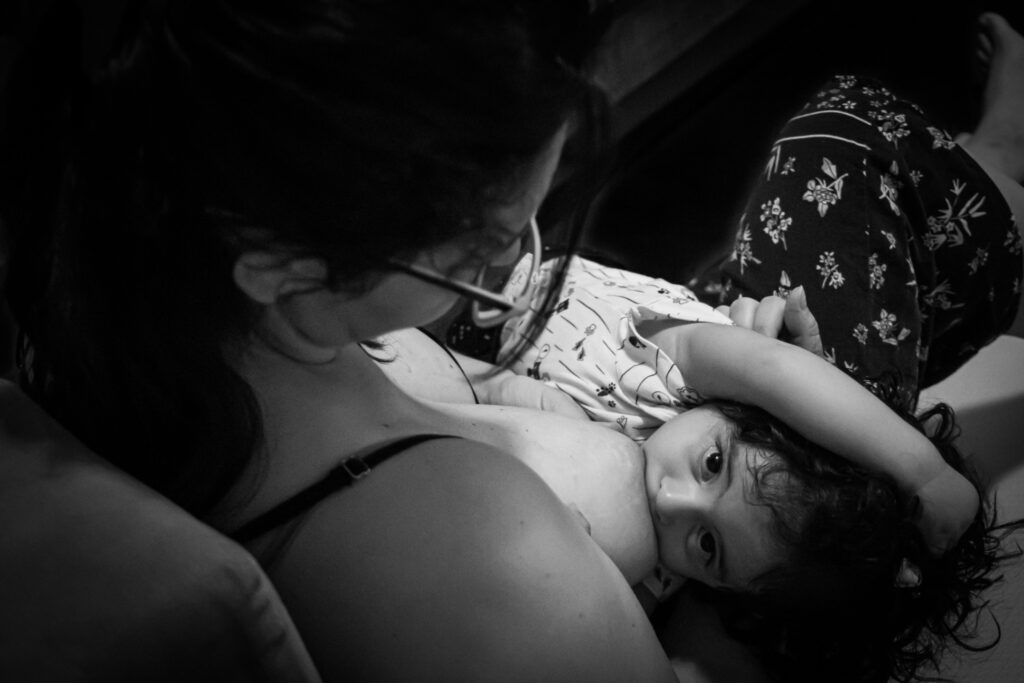Should I put my baby down “drowsy but awake”?

Should I put my baby down “drowsy but awake”? The short answer: NO. The idea that one should put baby
Is nursing to sleep a bad habit?

Is nursing to sleep a bad habit? Nursing to sleep is the biological norm. It is how nature intended babies
